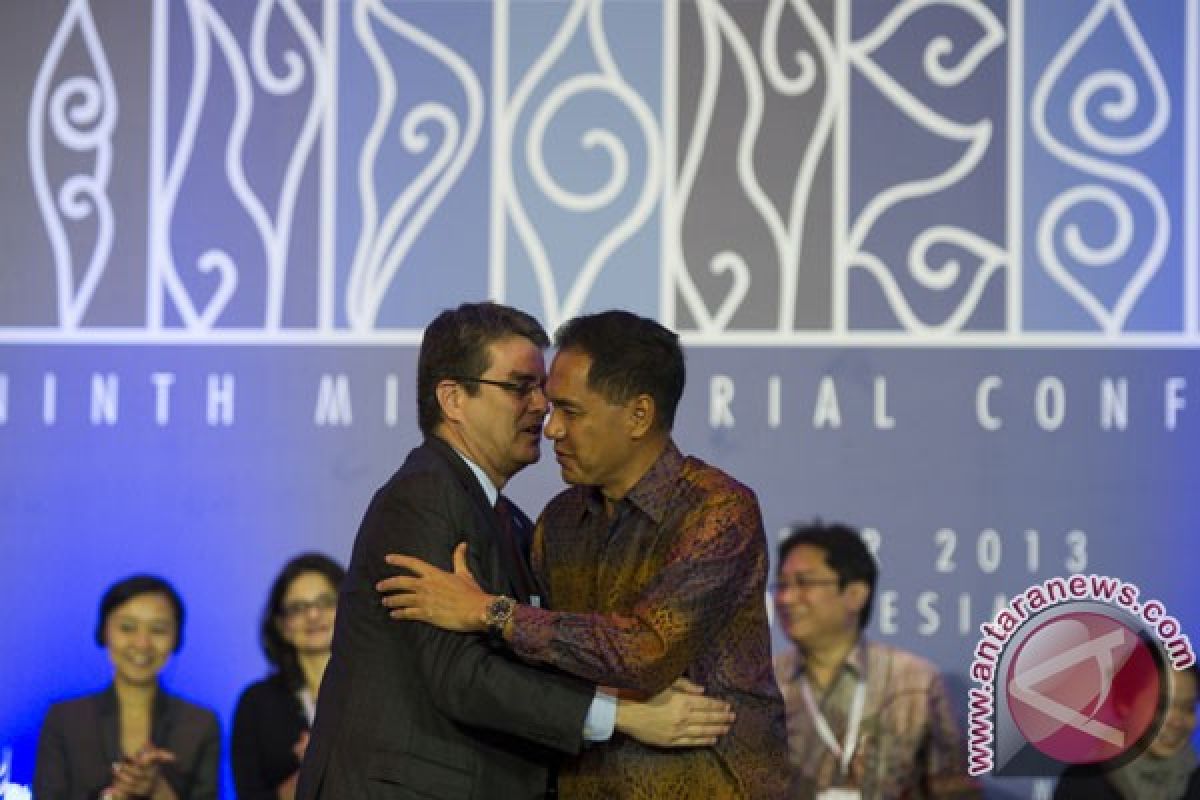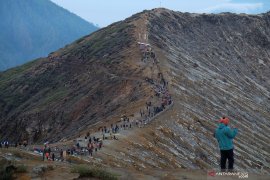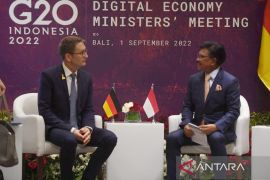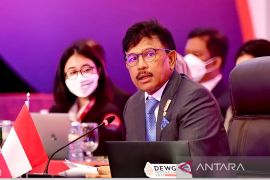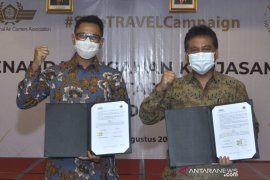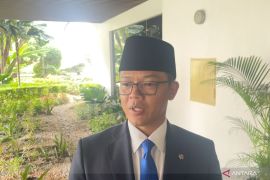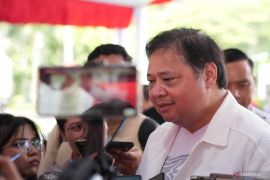"Thank God the Bali Package was finally agreed to this afternoon, following tough negotiations yesterday," he said at the Naval Academy, before meeting with the CEO of Shell here on Saturday.
"A new good beginning. There must be flexibility, give and take, in the next negotiations. What is important is that developed countries, developing countries, as well as farmers, are cared for under a trade system that is fair and just. Not only free trade, but also free and fair trade. That is our ideology," he said.
Presidential special aide for economic affairs and development Firmanzah, meanwhile, said the Bali Package agreement was expected to increase world trade by US$1 trillion to help restore the economy.
After long negotiations, the 9th WTO ministerial meeting was able to develop the Bali Package containing three main points covering trade facilitation, agriculture and least developed countries.
"After long negotiations we, ministers from the WTO members, agreed to give flexibility to developing countries to implement food security programs," Indonesian trade minister Gita Wirjawan said during his closing speech at the meeting here on Saturday.
Gita noted that, finally, ministers agreed to changes in the WTO agreement in the agriculture package.
"The provision of trade facilitation, which was first negotiated, is expected to be able to reduce trade costs to provide businesses with certainty," he said.
Gita said that would also be useful for other WTO members, including developing countries, to provide access to aid, and it would also improve trade systems and procedures in the countries concerned.
"The ones to benefit most are developing countries, as well as least developed countries, as access to goods and services has been opened for them to increase trade," he said.
Unlike the Doha Development Agenda, which sought to settle 19 negotiating issues, the Bali Package only has three, he said.
The fight to pass the Bali Package was initially hampered by Indias opposing it and insistence that an interim solution was not the right step, because it was related to fundamental issues, such as food stock security.
In the negotiations linked to the interim solution, advanced countries, such as the US, had already agreed with the proposal of developing countries to provide a subsidy of more than 10 percent of national output, but it wanted four more years for its implementation.
India rejected that, as it wanted a permanent solution, as well as price adjustments that were different from the price reference of 1986-1988.
The price reference for agricultural products was adopted from the mechanism of the Agreement on Agriculture (AoA), made in 1994 in Uruguay regarding agriculture subsidy for developed and developing countries.
India finally agreed to the Bali Package, which states that WTO members agree to use interim mechanisms to conduct negotiations to produce a permanent solution that would be adopted in the 11th WTO ministerial meeting, or in the next four years.
During the interim period each member of the WTO must not bring demands for WTO settlements.
After India softened its stance, four countries rejected the draft Bali Package.
"Countries from Africa, Arab, Asia and Pacific nations, and least developed countries, have supported the package, but Cuba, Bolivia, Venezuela and Nicaragua rejected the draft of the package," WTO spokesman Keith Rockwell told newsmen at 3am on Saturday.
Rockwell said one issue that had made the four countries reject the draft package was an embargo that had never been followed up on by the WTO since a meeting in Hong Kong in 2005.
Actually, the meeting could have finished on Friday, but as negotiations were still difficult, it was then continued until Saturday.
The meeting finally was able to make history, after WTO negotiations had ceased for 12 years in its work to settle the Doha Round.
reporting by muhammad arief iskandar and vicki febrianto
(T.M041*V003/H-YH/INE/H-YH)
(EDITED BY INE)
(KR-BSR/H-YH)
Editor: Jafar M Sidik
Copyright © ANTARA 2013
